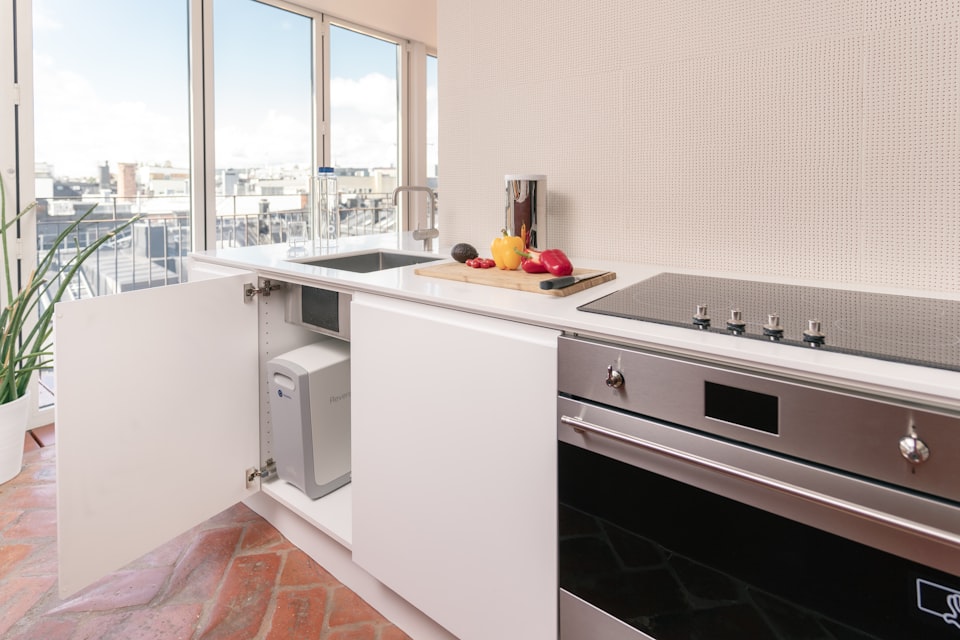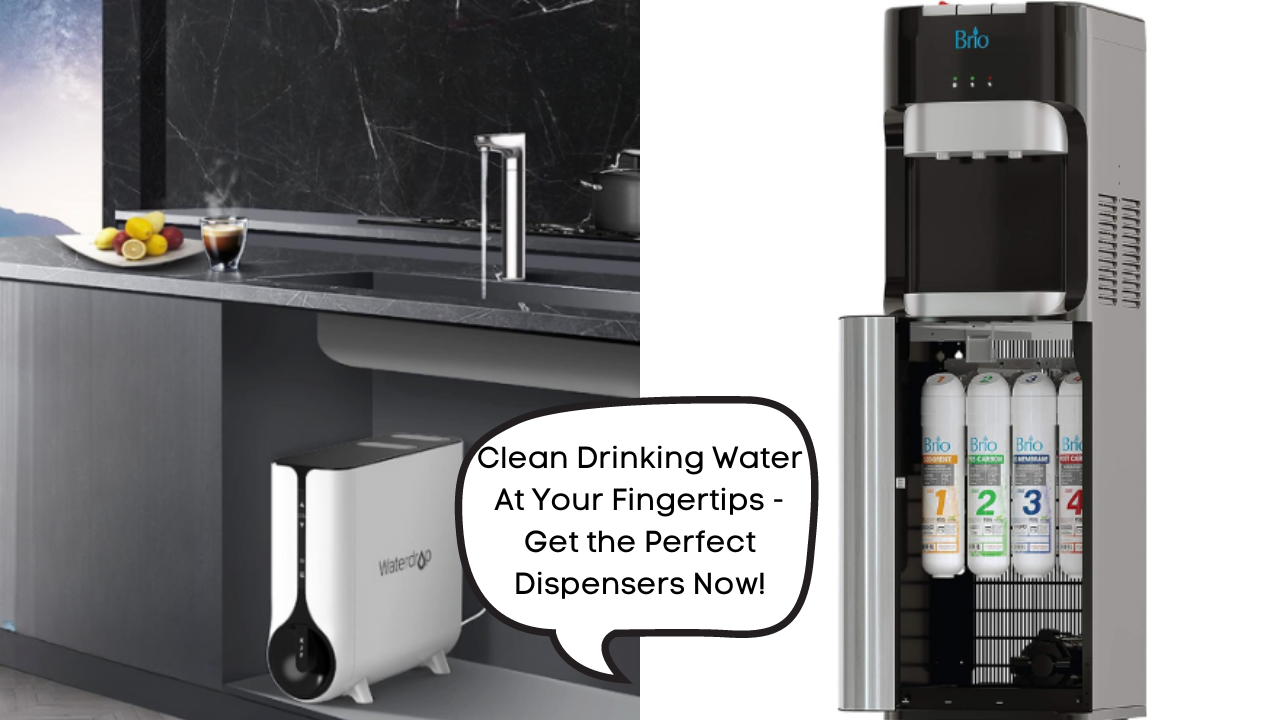What should you look for in an Reverse Osmosis System?

Reverse Osmosis systems, also known as RO systems, are a popular choice for those seeking pure and safe drinking water. This technology works by applying pressure to force water through a semi-permeable membrane, filtering the water on a molecular level, and effectively removing contaminants. Check out the article Understanding Reverse Osmosis for a more in depth look. Now that you have a basic understanding of what an RO system does, let's delve into what key features you should look for when investing in a Reverse Osmosis system.
When searching for a reverse osmosis system, there are a few key factors to consider in order to find the best one for your needs. These include:
- Water Quality: The main purpose of a reverse osmosis system is to remove impurities and contaminants from water, ensuring that you have access to clean and safe drinking water. Therefore, when choosing a reverse osmosis system, it is important to consider its ability to effectively remove common pollutants such as lead, arsenic, fluoride, and chlorine. Look for a system with a high removal rate for these substances to ensure the best water quality possible. Additionally, it is advisable to choose a reverse osmosis system that is certified by a reputable third-party organization, such as NSF International, as this certification provides further assurance of the system's effectiveness and performance. By investing in a reliable and certified reverse osmosis system, you can have peace of mind knowing that you are taking the necessary steps to protect the health and well-being of yourself and your loved ones.
- Filter Life: The filter life of a reverse osmosis system refers to the duration for which the filters can effectively purify water before requiring replacement. It is crucial to take into account not only the frequency of filter replacements but also the associated cost of replacement filters when selecting a system that suits your needs. By considering these factors, you can ensure long-term cost-effectiveness and uninterrupted access to clean and purified water.
- Ease of Installation: When considering reverse osmosis systems, it's important to note that some may require professional installation, while others offer the convenience of easy installation for homeowners. If you prefer a hassle-free approach and are not comfortable with DIY projects, it may be in your best interest to opt for a system that includes professional installation services. By doing so, you can ensure a seamless and efficient setup process, leaving you with peace of mind and confidence in your water filtration system.
- Water Waste Ratio: Reverse osmosis systems, while effective in filtration, can consume a significant amount of water during the process. To ensure optimal efficiency and conservation, it is crucial to seek out a system that boasts a low water waste ratio. By doing so, not only will you be able to save precious water resources, but you will also witness a positive impact on your utility bills, leading to long-term cost savings.
- Flow Rate: The flow rate of a reverse osmosis system refers to how fast the system can produce clean, filtered water. This is an important factor to consider, especially if you have a large household or regularly use a significant amount of water for cooking, drinking, and other daily activities. A higher flow rate ensures that you have an ample supply of purified water available whenever you need it, without any delays or interruptions. It provides the convenience and efficiency required to meet the demands of a busy household, making it an essential consideration when choosing a reverse osmosis system.
- Additional Features: In addition to its primary function of filtering water, some reverse osmosis systems offer a range of additional features that can further enhance water quality. These include UV sterilization, which effectively eliminates harmful microorganisms, remineralization, which adds essential minerals back into the water, and pH balancing, which adjusts the pH level for optimal taste and health benefits. While not necessary for everyone, these supplementary features can provide customized water quality improvements based on individual preferences and needs.
In addition to these considerations, it is crucial to factor in the overall cost of the system, including the initial purchase price, filter replacements, and any additional maintenance expenses. It is highly recommended to conduct thorough research and read reviews from other customers before making a decision. Choosing the right reverse osmosis system can significantly enhance the quality of your drinking water and provide peace of mind, knowing that you are consuming clean and safe water. Therefore, make a wise choice and relish the benefits of a high-quality reverse osmosis system for years to come. Happy filtering!






